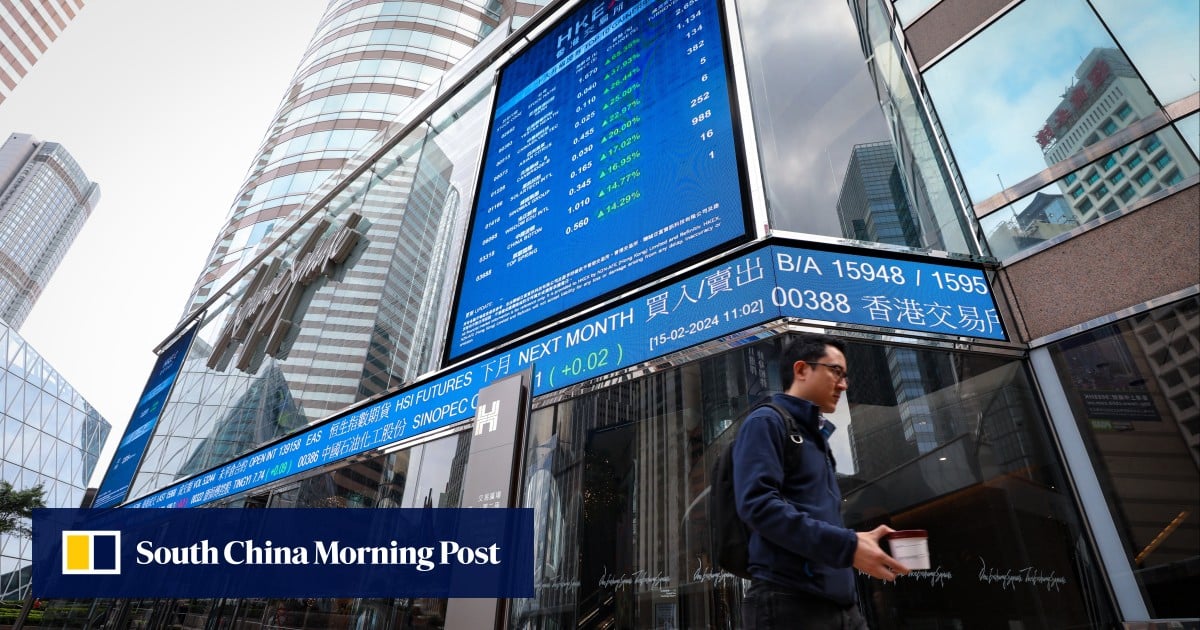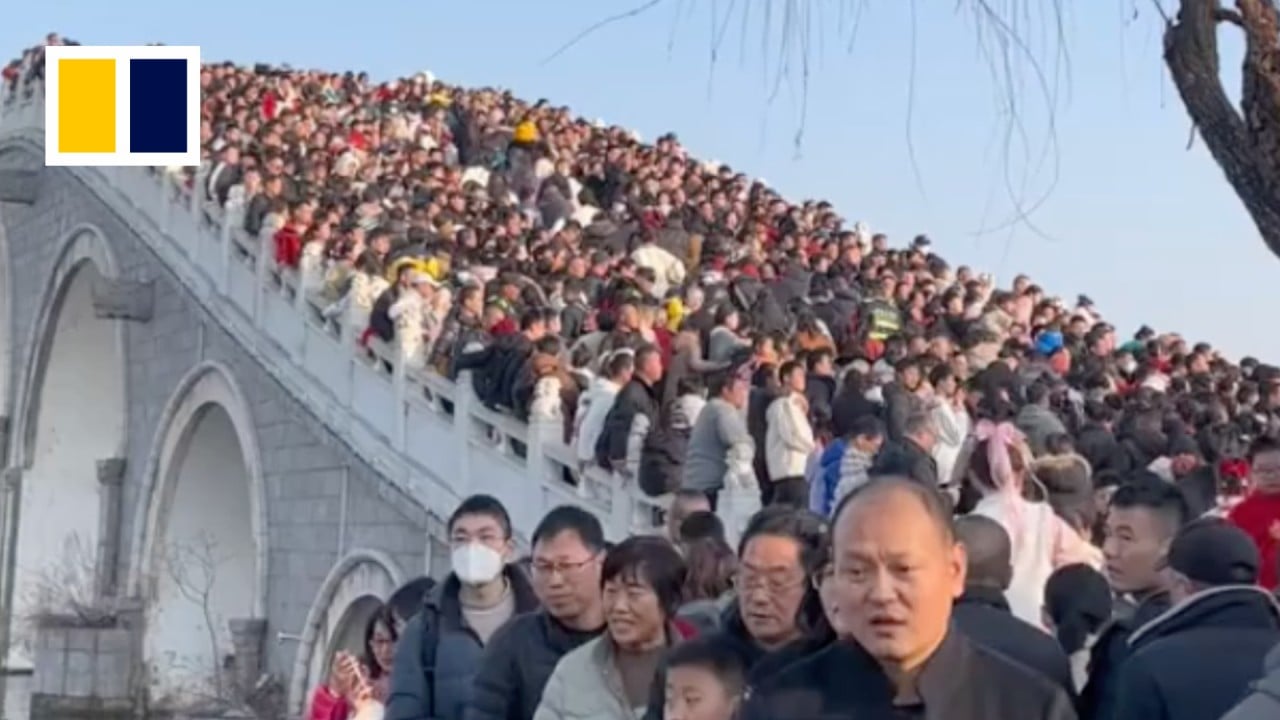
21 Feb Hong Kong stocks rise to 7-week high on property market speculation as China pledges regulatory predictability
The Hang Seng Index rose for a second day, adding 2.3 per cent to 16,618.39 at 10.45am local time to hit the highest level since January 4. The Tech Index advanced 3.1 per cent, while the Shanghai Composite Index climbed 1.4 per cent.
Sun Hung Kai Properties surged 2.3 per cent to HK$74.15 while Henderson Land added 2.1 per cent to HK$21.75 and New World Development climbed 3.3 per cent to HK$9.67. The Hang Seng Property Index added 2.4 per cent to the highest level in three weeks. Chinese tech stocks also rallied, as Alibaba Group gained 1.3 per cent to HK$73.10 and Tencent rose 1.5 per cent to HK$288.40.
Meanwhile, HSBC strengthened 0.6 per cent to HK$63.05, while its subsidiary Hang Seng Bank rose 2.6 per cent to HK$84. Both lenders will report their 2023 results at noon.
The Hang Seng Index has climbed 6.6 per cent so far this month, clawing its way up from a 14-month low in January as Beijing stepped up measures to repair investor confidence. The rebound in February has restored US$200 billion of value to the city’s stock market through February 20, according to Bloomberg data.
Remove property curbs as people’s ‘assets are disappearing’: Midland chief
Remove property curbs as people’s ‘assets are disappearing’: Midland chief
Financial secretary Paul Chan Mo-po will deliver the city’s budget on February 28 as traders bank on measures to jump-start the local economy. Some industry veterans have called on Chan to dismantle market hurdles as asset values diminished. The government imposed curbs to cool a speculative frenzy in the 1990s.
“The government continued to provide liquidity and support to the market,” Kelly Chung, investment director and head of multi-asset at Value Partners, said in a note on Wednesday. Still, sentiment will be solidly lifted with concrete details of the policy, she added.
Other major Asian markets mostly traded lower, tracking weaker overnight US equities The Nikkei 225 in Japan fell 0.5 per cent and the S&P ASX 200 in Australia declined 0.8 per cent, while the Kospi Index in South Korea lost 0.3 per cent.

